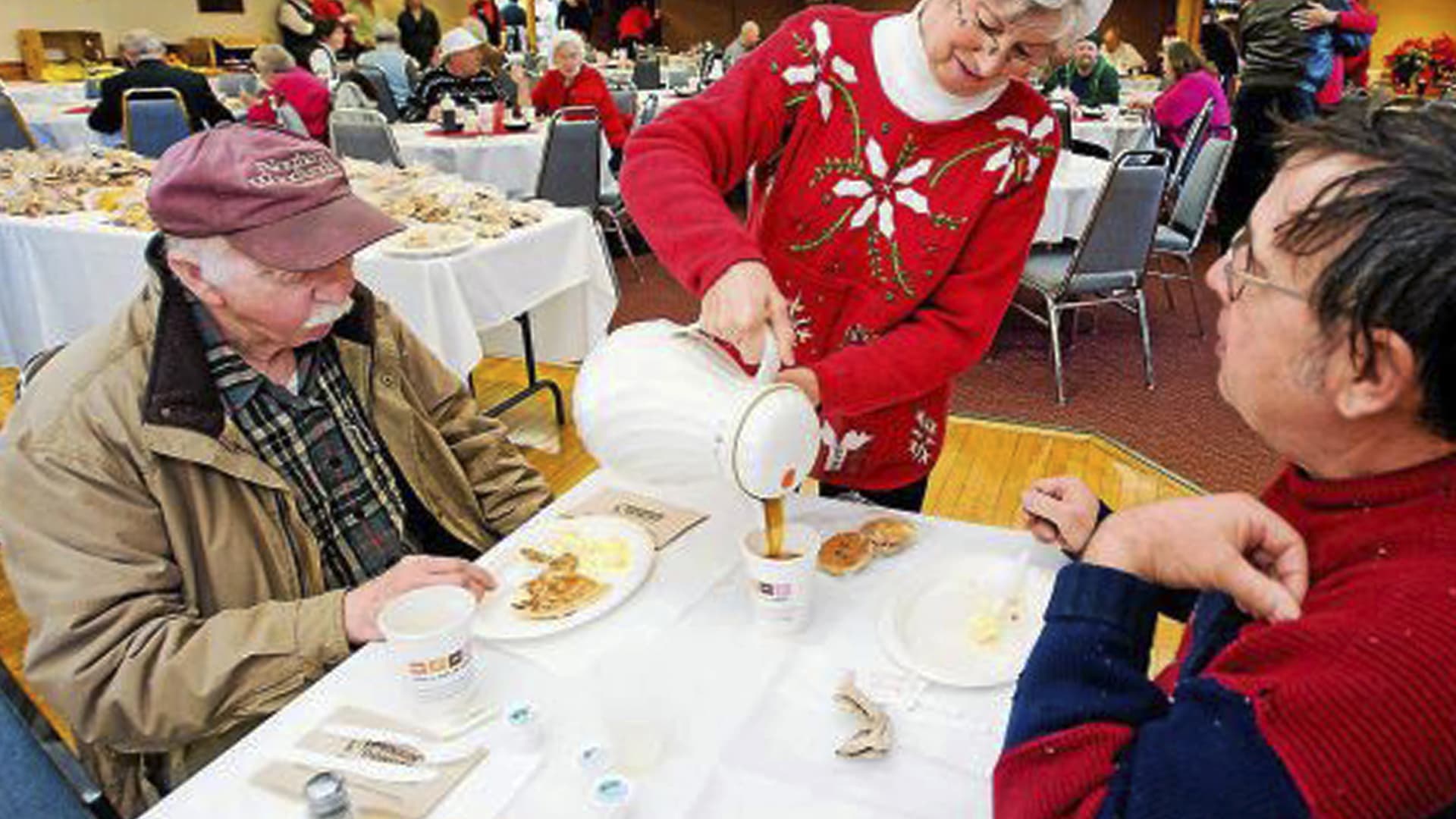Play all audios:
You don't need to earn a massive paycheck to become a millionaire. As one-time Vermont-based janitor and gas station attendant Ronald Read demonstrated, you can reach the seven-figure
mark on a modest salary. Unbeknownst to everyone around him until he died at age 92 in June 2014, Read had quietly amassed an $8 million fortune, thanks to smart spending and investing
habits. Even Read's family was "tremendously surprised" upon finding out about his hidden wealth. "He was a hard worker, but I don't think anybody had an idea that
he was a multimillionaire," Read's stepson Phillip Brown told the Brattleboro Reformer in 2015. Read came from humble beginnings. He was the first in his family to graduate from
high school and served in North Africa, Italy and the Pacific theater during World War II, according to Reuters. After the war, he came home to work at a gas station and as a janitor at
JCPenney, and married a woman who had two children. Read maintained a frugal lifestyle, never spending money unless he had to. Friends remember him driving a second-hand Toyota Yaris, using
safety pins to hold his coat together and cutting his own firewood well into his 90s. "I'm sure if he earned $50 in a week, he probably invested $40 of it," said friend and
neighbor Mark Richards. The lifelong resident of Brattleboro, Vermont, left $6 million of his fortune to his local library and hospital. "It was the talk of the town," Brooks
Memorial Library director Starr LaTronica told CNBC of the generous $1.2 million library donation. "People still come in and ask about it and reference it." The library invested
the bulk of the money. That way, "it will continue to pay dividends and support us down the road," LaTronica said. The donation also allowed the library to extend its hours and do
some much-needed renovations to the 50-year-old building. Read bequeathed $4.8 million to Brattleboro Memorial Hospital, where he was a regular — not for treatment, but for breakfast.
"He always had a cup of coffee and an English muffin with peanut butter," Ellen Smith said of her friend's morning ritual at the hospital cafe. "That was it. And he
always sat at the exact same stool at the counter." The hospital plans to use the money to support infrastructure improvements and general modernization projects. "There are
multiple areas in the hospital that need to be updated, and so this money will certainly allow us to do that," Gina Pattison, director of development and marketing at the hospital, told
CNBC. "We are just incredibly fortunate and grateful."

